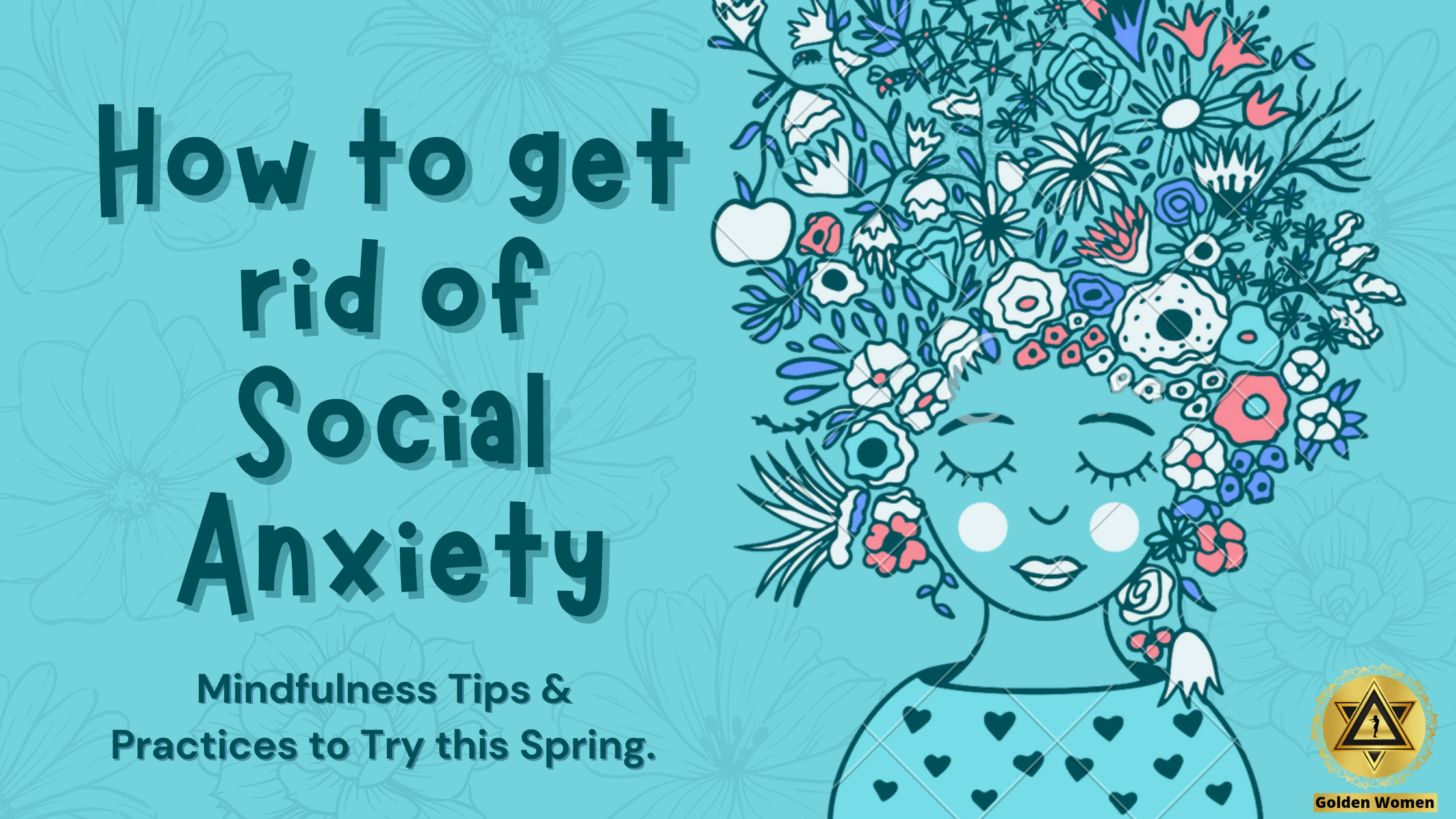The psychologist sorted out this common “problem” and suggested how to stop being a social phobia.
WHAT IS SOCIAL PHOBIA
Psychologist Mikhail Khors explains: social phobia is an obsessive, unreasonable fear of social interaction. Sociophobia includes several “disorders”: fear of public speaking, large crowds, fear of other ethnic groups and races. Now there are also new names for the phobia of telephone conversations, communication with strangers on social networks, and the fear of being left without likes.
In general, the fear of certain types of communication is a normal part of the life of many people. And fear in itself is not considered one of the hallmarks of social anxiety. Such fear goes away over time, it can be removed with the help of logical reasoning and introspection. But if a person’s fears and anxiety become uncontrollable and appear unreasonable, we can safely say that he is having social phobia and so #Sociophobe!!
Client Diary:
A 34 year old male, Fear of a social phobia is the same symptom of his illness as a sore lip is a symptom of herpes infection. Both the one and the other symptoms are difficult to control at the time of exacerbation of the disease. Nevertheless, many ordinary people, and sometimes even specialists, believe that social phobia is a sign of weakness of character, a whim, and they suggest that social phobes pull themselves together, stop fooling everyone’s head. However, such advice makes the same sense as telling a person with the flu to stop coughing or asking someone who is lying with a cold to start moving actively and not look weak.
The intensity of uncontrollable fear in social anxiety disorder varies and in extreme stages can reach the level of panic attacks. In this case, a simple conversation with the boss can be interrupted by spasms of the respiratory system, heart palpitations, sweating, and increased blood pressure. In some, signs of social anxiety may be neurologically based. For example, people with autism often show signs of uncontrollable anxiety when interacting with others.
Most sociophobes are afraid of interaction for socio-psychological reasons. More often than not, this is a pathological desire to be good for everyone and the opinion that negative assessment of others is the most terrible thing in life. If a child grows up in the “What will people say about you?” Paradigm, he has every chance of starting to fear situations of conflict of interest, negative assessments, and later, in principle, contacts with others. Watch a video about social phobia and its symptoms here:
WHAT SHOULD NOT BE CONFUSED WITH SOCIAL ANXIETY
Refusal to interact with other people can be caused by fatigue, closeness, a crisis of self-determination, or simply lack of mood. In these cases, talking about a phobia is not worth it, although the behavior of such people (at least) outwardly resembles the actions of a social phobia. Also, do not confuse concepts such as social anxiety and sociopathy.
Sociopaths (they often become tyrants in physical and moral terms) disdain and hate other members of society, but do not have the slightest fear of them. On the contrary, by studying the behavior of others, they adjust to the behavior and desires of loved ones in order to further use their disposition to their advantage.
HOW TO GET RID OF SOCIAL ANXIETY
If you are experiencing symptoms of social phobia, do not take your fear as a sign of weakness. Get rid of self-pity and resentment against fate for being just that. These feelings only slow us down and do not help us to work with fears. Here are other effective tips to help you beat social phobia:
• Allow yourself to be afraid. In phobia therapy, there is the concept of “fear of fear”. Often, a phobic attack is triggered when a person becomes afraid of an attack. Internal permission for loss of control and the damage associated with it leads to a decrease in the intensity of anxious expectation, and therefore to less adrenaline and cortisol – hormones that can trigger a panic attack.
• Give yourself time. If you demand a quick cure from yourself, then most likely you will not fulfill it, which means that you will experience not only a flash of fear or anxiety, but also a feeling of guilt and shame for not keeping your promise. Thousands of doctors and psychologists around the world are working on solving the problem – and even they do not always know how to quickly and permanently get rid of social anxiety. And you don’t have to change overnight. There is a way out, but healing is a process that can go slower than you would like, and there is nothing wrong with that.
• Become a connoisseur of your own characteristics. Read books, consult with experts, but do not take this knowledge as a panacea and get ready for the fact that some of the proposed solutions will be inoperative or have a temporary effect. Recovery is possible, but most often it is the result of the painstaking work not only of the helping specialist, but also of the social phobia himself.

